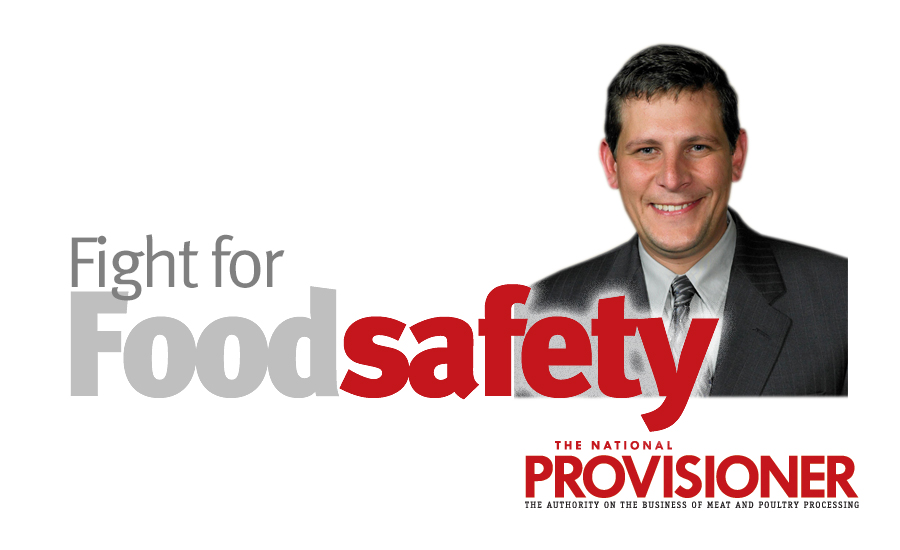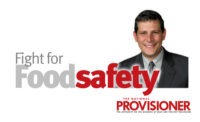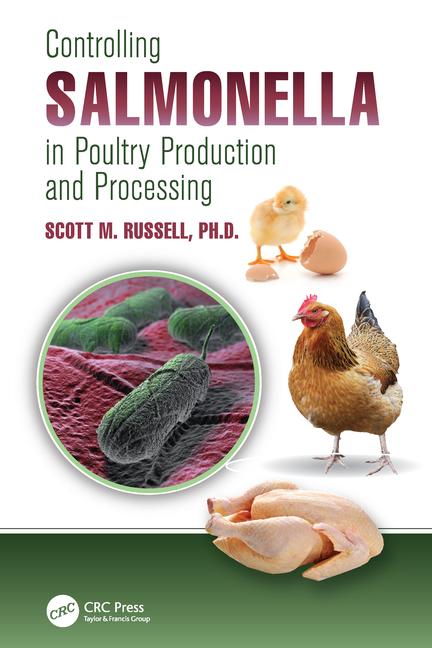Fight for Food Safety
Time to talk… Salmonella

As we look back at this year’s Thanksgiving, which is typically the time to talk turkey, yet another Salmonella outbreak made headlines. And this time, turkey was the source.
Not so long ago, Salmonella recalls in raw meat and poultry products were virtually unprecedented. Those days are behind us. In October, JBS recalled 6.5 million pounds of ground beef because of possible Salmonella contamination, then most recently, Jennie-O recalled 147,276 pounds, after an Arizona man’s illness was traced to ground turkey produced by the company on Sept. 11. Salmonella — the presence of which is widespread — has not been declared an adulterant in raw meat and poultry.
Because Salmonella is not an adulterant, it may seem odd that it has been the source of recent recalls. But in fact, FSIS expects companies to recall products if they are linked to illness.
Recently, the frequency of Salmonella-related recalls has increased dramatically. The increase in recalls is primarily driven by one thing: the rapid advancement in foodborne illness surveillance. The success of PulseNet has paved the way for the latest revolution, whole-genome sequencing (WGS). Like its predecessors, WGS is going to revolutionize the detection and tracking of foodborne illnesses. What’s more, there is yet another revolution around the corner. Metagenomic applications will allow for additional advancements in foodborne illness detection and traceback, including nonculturable and currently unknown pathogens. According to the U.S. Centers for Disease Control and Prevention (CDC), 80 percent of U.S. foodborne illnesses are attributable to unspecified or unknown agents. Metagenomic applications will vastly reduce that number.
Changing regulatory policy, new and improving technology and more demanding consumer expectations are among many catalysts ushering in the new era. The Jennie-O recall (among others), should serve as a warning. It is one of the first skirmishes in a long-simmering conflict, one I think presents an existential risk to meat processing companies unwilling or unable to rapidly adapt.
In the short term, I advise processors to carefully review and evaluate your recall insurance policy to ensure you have enough coverage. In the short to mid-term, I advise processors to invest heavily in their traceability and pathogen control infrastructure, which together will likely help reduce the size and scope of future recalls. The processors of tomorrow will give thanks for the actions you take today. NP
Looking for a reprint of this article?
From high-res PDFs to custom plaques, order your copy today!









